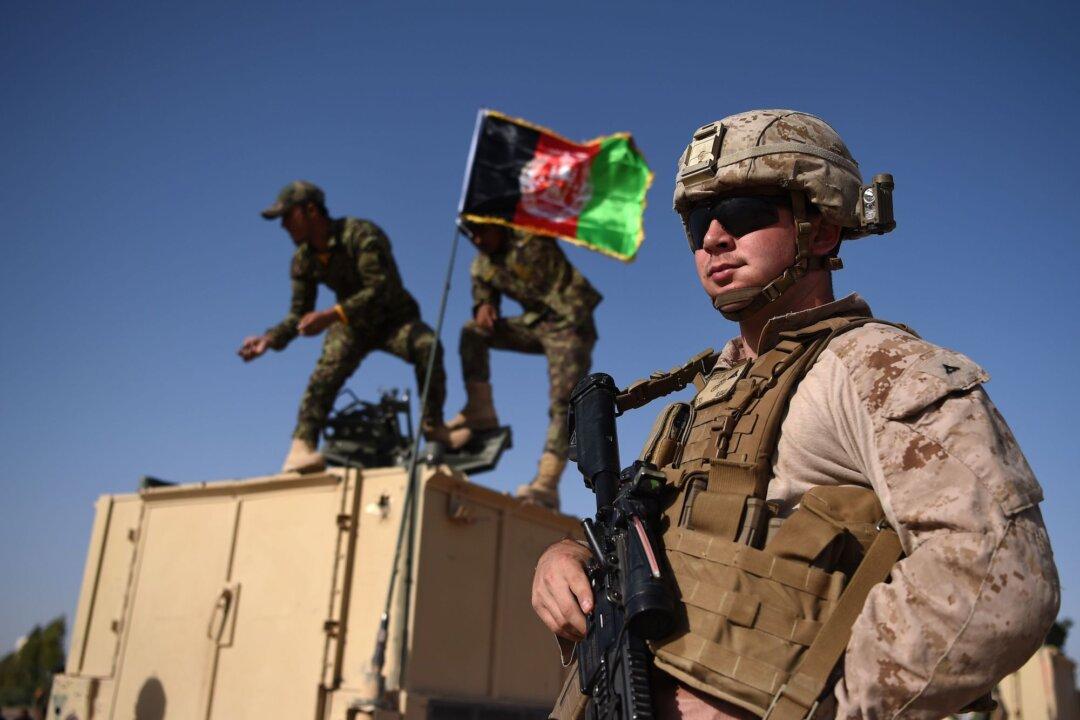NEW DELHI—For a week, there has been a buzz in the media about India’s outreach to the Taliban in Afghanistan. There are reports saying there has been a huge shift in India’s approach, speculation about India rewarding different cadres of the Taliban, and op-eds about concerns and threats toward India from the Taliban.
The speculation is occurring as the deadline for the U.S. troop withdrawal from Afghanistan approaches—a development that directly threatens India’s 550 community development projects, which are valued at multiple billions of dollars, inside the war-ravaged country’s 34 provinces.





